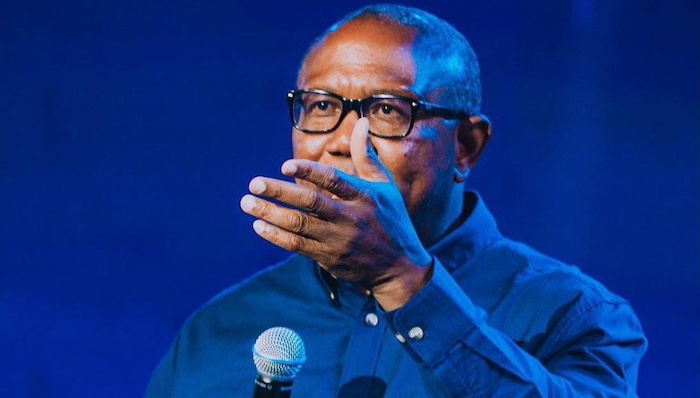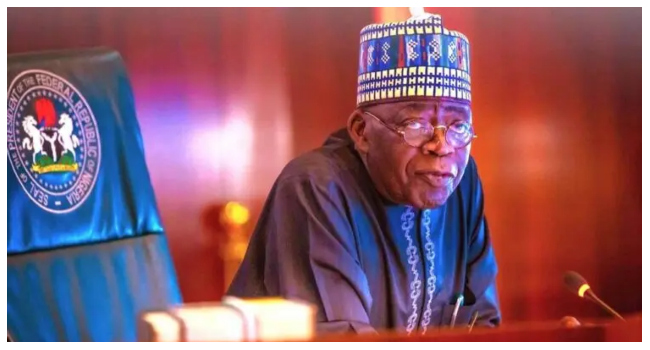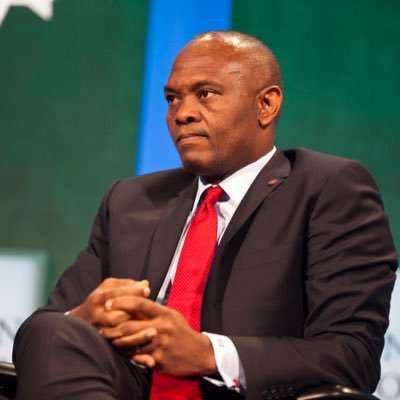LAGOS – The 2023 Labour Party Presidential Candidate, Peter Obi, has voiced serious concerns about Nigeria’s economic path since 2015. In a statement on Monday via X, Obi highlighted the stark contrast between the country’s economic performance in the early years of its return to democracy and its current state.
“When Nigeria returned to democratic governance in 1999, it maintained an average GDP growth of about 6.72% for 16 years from 1999-2014,” Obi wrote. However, he pointed out that this growth was not sustained, with GDP growth collapsing to 2.79% in 2015 and the economy slipping into recession in 2016.
“In 2014, just before the inception of a new administration a year later, Nigeria had the biggest economy in Africa with a Gross Domestic Product of $568.5 billion and a GDP Per Capita of about $3,200,” he said. In contrast, by 2023, Nigeria had fallen to the fourth largest economy in Africa, with a GDP of $375 billion and a per capita income of $1,700.
Obi noted that the situation worsened in 2024, with the GDP further declining to an estimated $253 billion and per capita dropping to $1,087. This data was obtained from StatiSense, an AI data company specializing in financial report analysis, bank statement evaluation, and AI chatbot services.
Expressing alarm at the current state of affairs, Obi stated, “Today, poverty is pervasive and on the increase. Unemployment is rising. Food inflation has skyrocketed to over 43%. Foreign and local investors are losing faith in the future growth of our economy and are leaving in large numbers. Businesses are shutting down.”
Obi called for urgent action to prevent further economic collapse and to shift the focus from consumption to production, criticizing the current leadership for its handling of the economy. “Urgent actions need to be taken to salvage the nation from further economic collapse and move it from consumption to production,” he emphasized.
“Instead of concerning ourselves with all these challenges threatening our collective existence and finding ways to recreate an inclusive and sustainable economy, pull millions of people out of poverty, and return our nearly 20 million out-of-school children to schools, our leaders are more concerned with funding their selfish luxuries and individual lavishness, while throwing blames at others who are only committed to solving the nation’s problems,” Obi said.
He urged leaders to commit to inclusive and sustainable growth to end the hardship burdening Nigerians, stating, “Only through that can we achieve a peaceful and secure society.”






